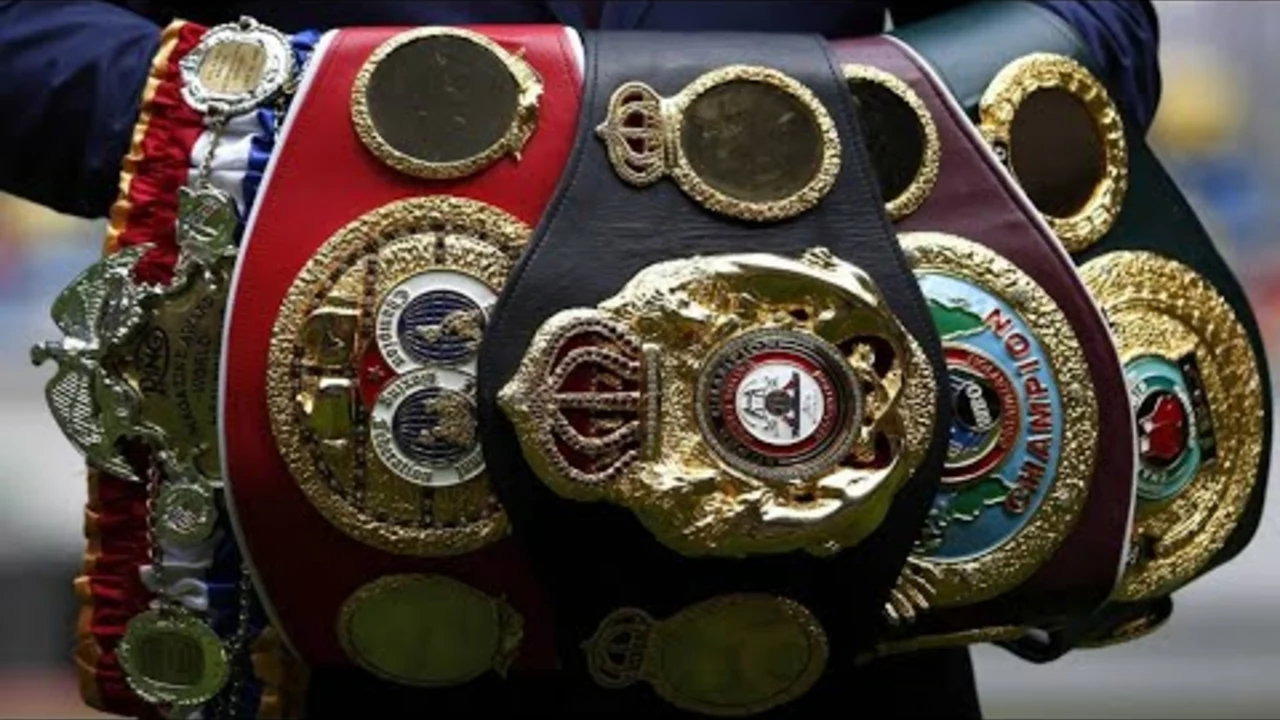Why are there so many vacant belts in boxing?
 Jul, 21 2023
Jul, 21 2023
Understanding the Landscape of Boxing
Before we delve into the specifics of vacant belts in boxing, it's important to understand the overall landscape of the sport. Boxing is a global phenomenon, with different organizations and associations governing various aspects of it. These organizations include the World Boxing Association (WBA), World Boxing Council (WBC), International Boxing Federation (IBF), and World Boxing Organization (WBO). Each of these bodies has their own set of rules, regulations, and championship belts. But what happens when these belts become vacant? And why are there often so many vacant belts in boxing? Let's explore that further.
The Complexities of Boxing Titles
Boxing titles are not like other sports championships where there is a clear and definitive winner each season. In boxing, a title can change hands multiple times in a year, or not at all. This is because a boxer can lose their title not just by being defeated in the ring, but also by failing to meet certain obligations, such as defending the title within a specified timeframe or making the required weight. Additionally, a boxer can voluntarily vacate their title, usually in pursuit of another title or larger payday. This fluidity in championship titles contributes to the frequency of vacant belts in boxing.
Situations That Lead to Vacant Belts
There are several situations that can lead to a boxing title becoming vacant. One common scenario is when a boxer decides to retire while still holding a championship title. Another scenario is when a boxer is stripped of their title due to failing a drug test or not complying with the rules set by the governing body. Lastly, a boxer might vacate their title in order to move up or down in weight class, or to challenge for a different title. In all these instances, the title becomes vacant and a new champion must be crowned.
Why Vacant Belts are Common in Boxing
Vacant belts are common in boxing largely due to the nature of the sport. Boxing is a physically demanding sport that takes a toll on the body. As a result, boxers often have relatively short careers, which leads to a high turnover rate in championship titles. Moreover, because there are so many different boxing organizations, there are also numerous belts to be won. This abundance of titles often leads to situations where multiple belts are vacant at the same time.
The Impact of Vacant Belts on the Sport
The prevalence of vacant belts in boxing has a significant impact on the sport. On one hand, it can create opportunities for up-and-coming boxers to make a name for themselves by winning a vacant title. On the other hand, it can also lead to confusion and dilute the value of a championship title. When there are multiple vacant belts in the same weight class, it can be unclear who the true champion is. This can cause frustration among fans and diminish the prestige of winning a boxing title.
The Process of Filling Vacant Belts
When a boxing title becomes vacant, the governing body usually organizes a fight between the top-ranked contenders to determine the new champion. This process is often referred to as a "title eliminator" or "vacant title fight". The winner of this fight becomes the new champion and inherits all the responsibilities that come with holding a title, including the obligation to defend it against other contenders.
The Controversy Surrounding Vacant Belts
There's a fair amount of controversy surrounding the issue of vacant belts in boxing. Some critics argue that there are too many belts and that the constant turnover diminishes the value of being a champion. Others contend that the system is designed to benefit the boxing organizations and promoters, rather than the boxers themselves. Despite these criticisms, vacant belts continue to be a common occurrence in boxing, reflecting the complex and ever-changing nature of the sport.
Conclusion: The Future of Boxing and Vacant Belts
The issue of vacant belts in boxing is unlikely to disappear anytime soon. As long as there are multiple boxing organizations, each with their own set of rules and regulations, there will be vacant belts. However, this doesn't necessarily have to be a negative thing. If managed correctly, vacant belts can create exciting opportunities for up-and-coming boxers and add an extra layer of intrigue to the sport. Ultimately, the future of boxing and vacant belts will depend on how the sport evolves and adapts to the changing times.